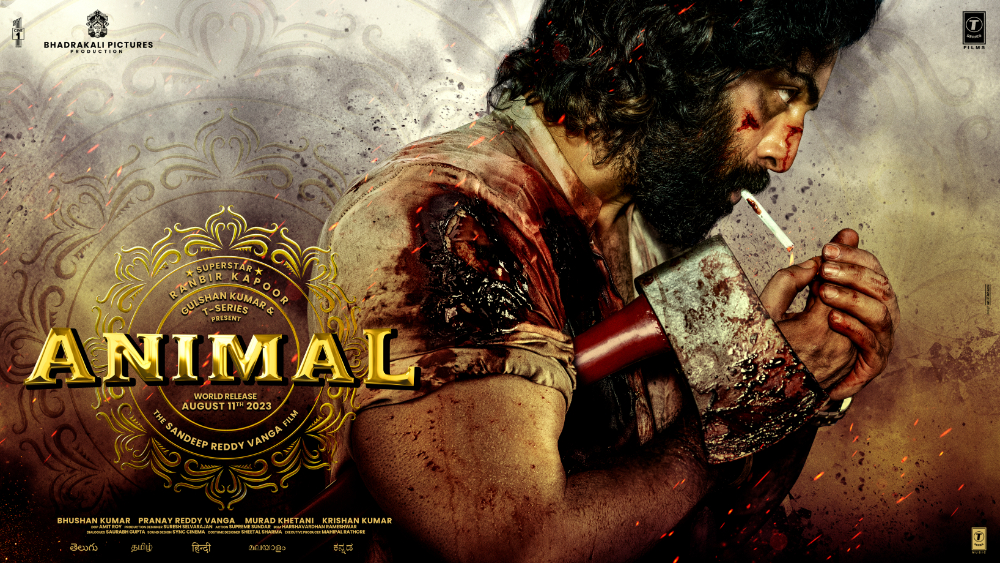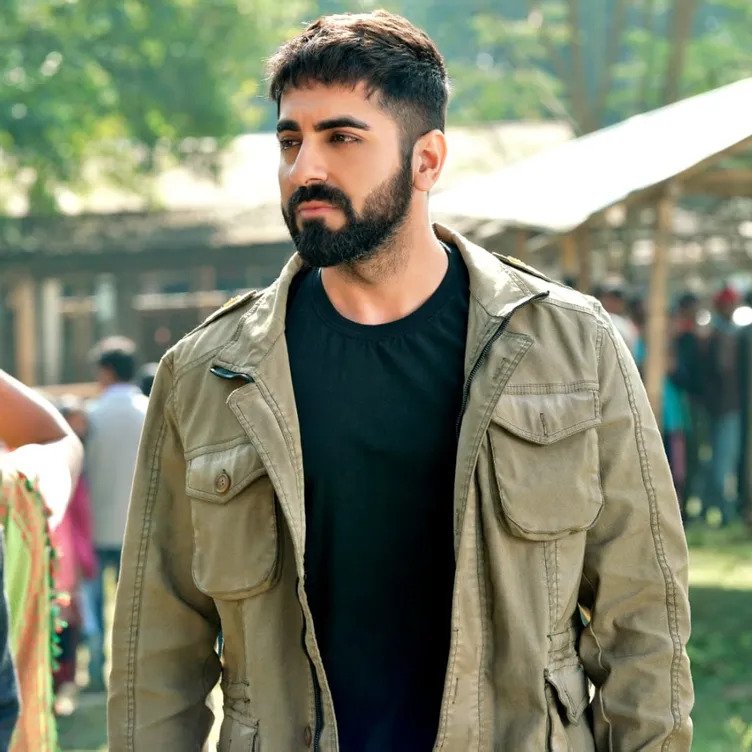 Director Dibakar Banerjee’s adaptation of one the famous Bengali detective of the 1940s, from Saradindu Bandyopadhyay’s novels, is ambitious, indulgent and sometimes slightly flat. With a comic-book feel, the large sets, costumes, art direction and make-up transport us to a pre-independence Calcutta where local residents live in uncomfortable proximity to British, Chinese and Japanese interests. In this milieu, a recent graduate Byomkesh Bakshy gets his first major detection case.
Director Dibakar Banerjee’s adaptation of one the famous Bengali detective of the 1940s, from Saradindu Bandyopadhyay’s novels, is ambitious, indulgent and sometimes slightly flat. With a comic-book feel, the large sets, costumes, art direction and make-up transport us to a pre-independence Calcutta where local residents live in uncomfortable proximity to British, Chinese and Japanese interests. In this milieu, a recent graduate Byomkesh Bakshy gets his first major detection case.
Also Read: 5 Reasons To Watch Detective Byomkesh Bakshy
It is unclear why a young man Ajit (Anand Tiwari) comes to Byomkesh Bakshy (Sushant Singh Rajput) to ascertain the whereabouts of his missing father. Bakshy is instantly annoying – arrogant and brusque, quick to judge and cold-hearted. Even his approach to romance is shown to be rather pragmatic.
As Bakshy gets closer and closer to the truth, he also gets more and more ensnared in a case much greater than he – or the audience – ever imagined. Along the way he encounters some characters necessary in a noir film – a femme fatale, a Samurai teacher, a disinterested and disposable secretary, the damsel in distress etc. This is a murky underbelly with opium dens, smugglers and politics and insurgency.
Bakshy never really seems like his brain is whirling so quickly or astutely for him to put together the pieces of this confounding jigsaw. This is in some part due to the script and in some due to Rajput’s ineffectiveness in totally expanding into the iconic role. Fortunately the supporting actors of Neeraj Kabi, Tiwari etc prop him up. Tiwari plays the perfect sidekick whose dhoti does not limit his ability to throw punches when needed.
The climax is the biggest stumbling block in an otherwise engaging saga, with Banerjee showing obvious influences of Miss Marple and Quentin Tarantino. Another annoyance is the incongruent soundtrack by Sneha Khanwalkar, with heavy doses of electro-rock that pierce your ears.
Also Read: Detective Byomkesh Bakshy: Story Behind Sushant Singh Rajput’s Dhoti
The production design is rock solid, enhanced by Nikos Andristakis’s camerawork that creates shadows and adds to the sinister. Clearly designed as an introduction episode, with all of Bakshy’s flaws and inexperience in full view and with the creation of a menacing villain who issues an open dare at the end, here’s hoping Bakshy rises to the challenge in the sequel.
Rating: ***








